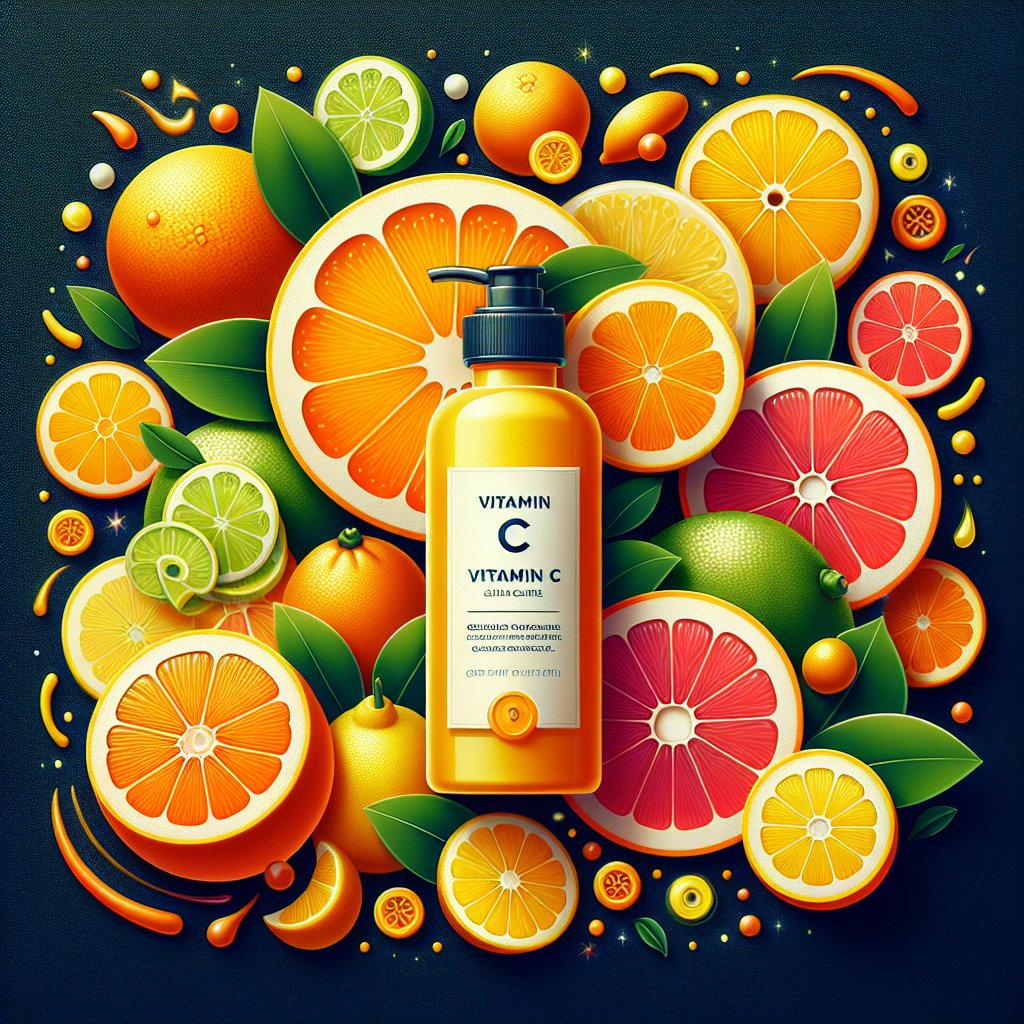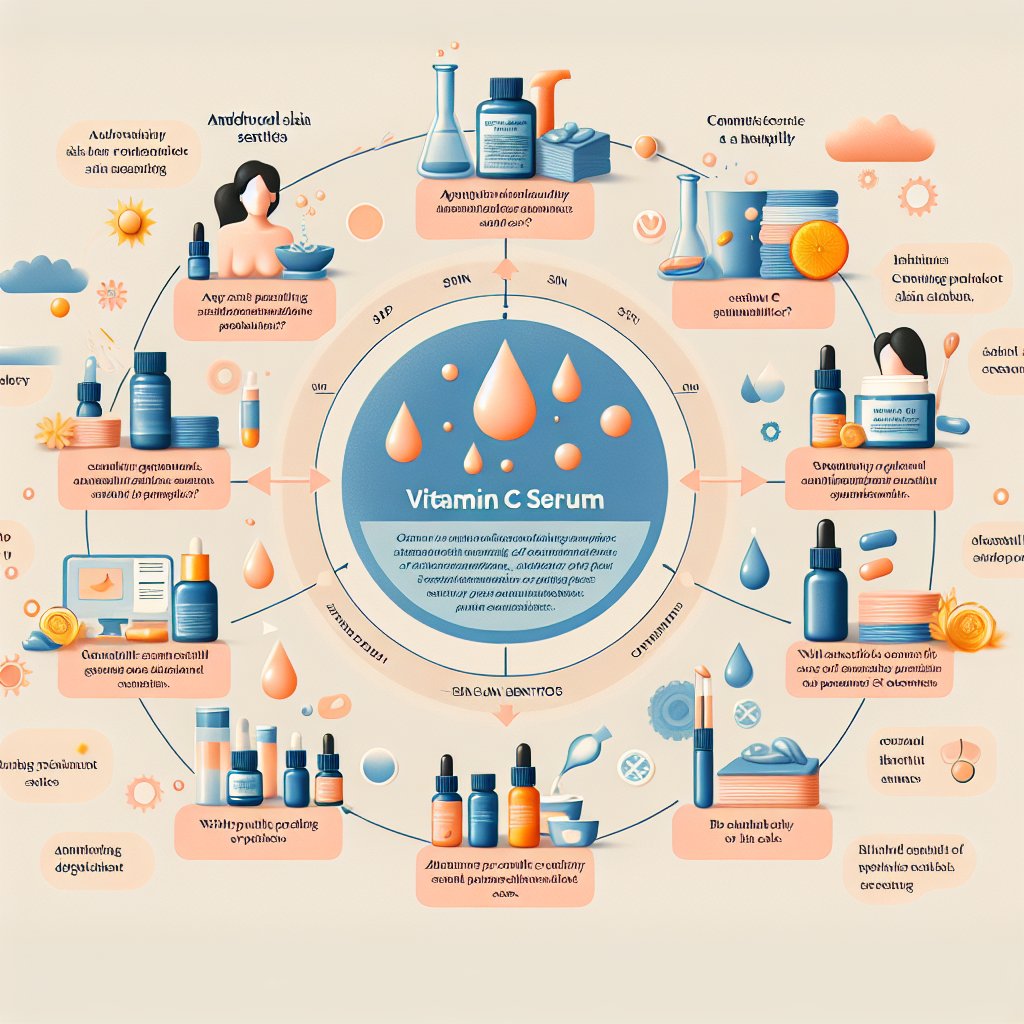How to Get Rid of Cold Sores: 10 Tips for Fast Relief and Prevention!
How to Get Rid of Cold Sores: 10 Tips for Fast Relief and Prevention!
Hey there, gorgeous! Are you tired of dealing with those pesky cold sores? You’re not alone! Cold sores, also known as fever blisters, are a common viral infection caused by the herpes simplex virus (HSV). They typically appear as small, painful blisters on the lips or around the mouth. The primary cause of cold sores is the herpes simplex virus type 1 (HSV-1), and in some cases, type 2 (HSV-2). Don’t worry, though – I’ve got your back with some fantastic tips on how to get rid of cold sores fast and prevent them from ruining your day! Let’s dive in.
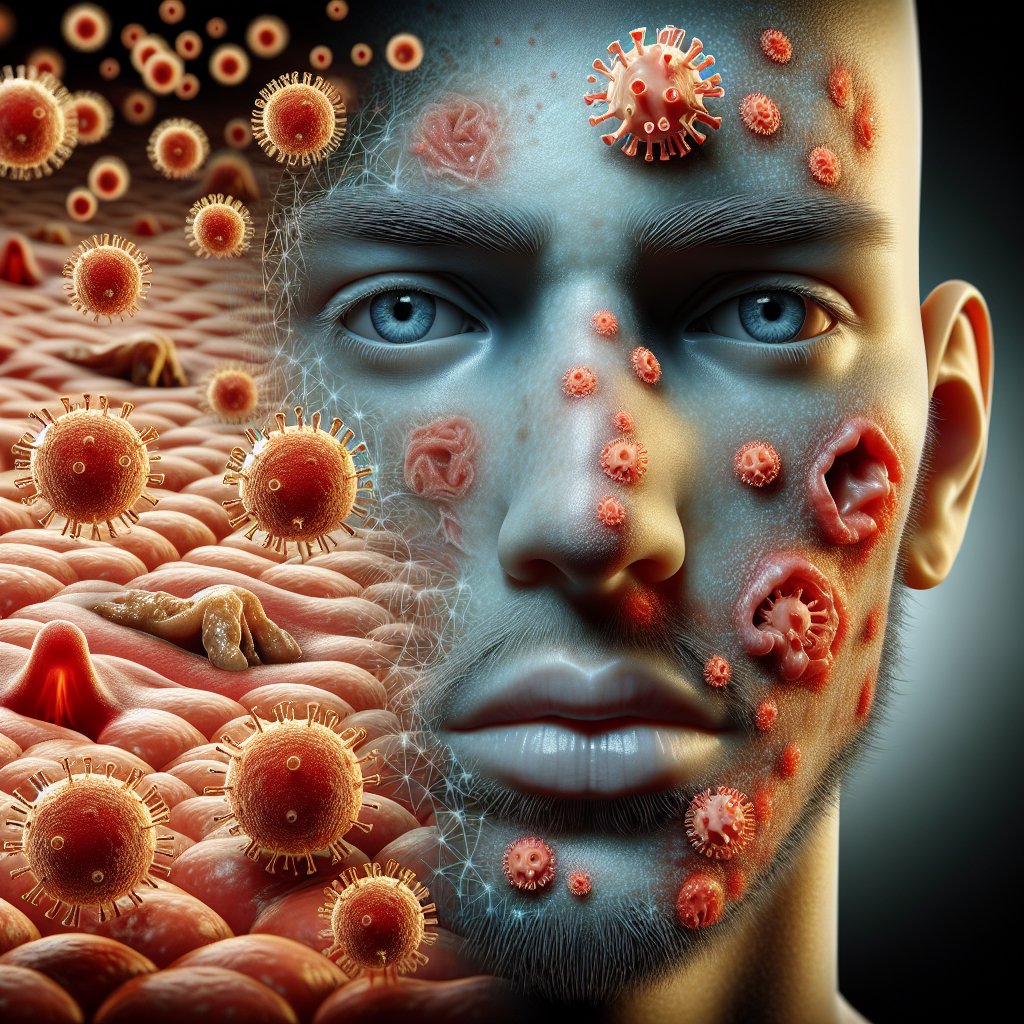
Understanding Cold Sores
If you’ve ever experienced the annoyance of a cold sore, you’re not alone. Cold sores are small, painful, fluid-filled blisters that typically appear on or around the lips. They are caused by the herpes simplex virus (HSV), which is highly contagious. The two types of herpes simplex viruses, HSV-1 and HSV-2, can both cause cold sores, but HSV-1 is the most common culprit. This virus can remain dormant in the body and can be triggered by various factors such as stress, sun exposure, hormonal changes, or a weakened immune system. Once activated, the virus results in the formation of cold sores.
Symptoms of Cold Sores
Cold sores, also known as fever blisters, are caused by the herpes simplex virus and can be quite uncomfortable. One of the earliest signs of a cold sore is a tingling or burning sensation around the lips or nose. This is often followed by the formation of a small, painful, and often itchy blister. As the blister develops, it may burst and crust over, leading to some discomfort. These symptoms can last for 7-10 days, and the virus can remain dormant in the body, reactivating during times of stress or a weakened immune system.
Triggers of Cold Sores
Understanding the triggers for cold sore outbreaks is crucial in managing and preventing them. Stress, sunlight, and certain foods are common culprits that can cause cold sores to flare up.
Research has shown that stress significantly weakens the immune system, making the body more susceptible to viral infections like cold sores. Additionally, exposure to sunlight, especially during intense ultraviolet (UV) rays, can trigger the reactivation of the herpes simplex virus.
Moreover, some foods high in arginine, such as chocolate, nuts, and seeds, can contribute to cold sore outbreaks. These triggers may vary among individuals, so it’s essential to identify your specific triggers to effectively manage and prevent cold sores.
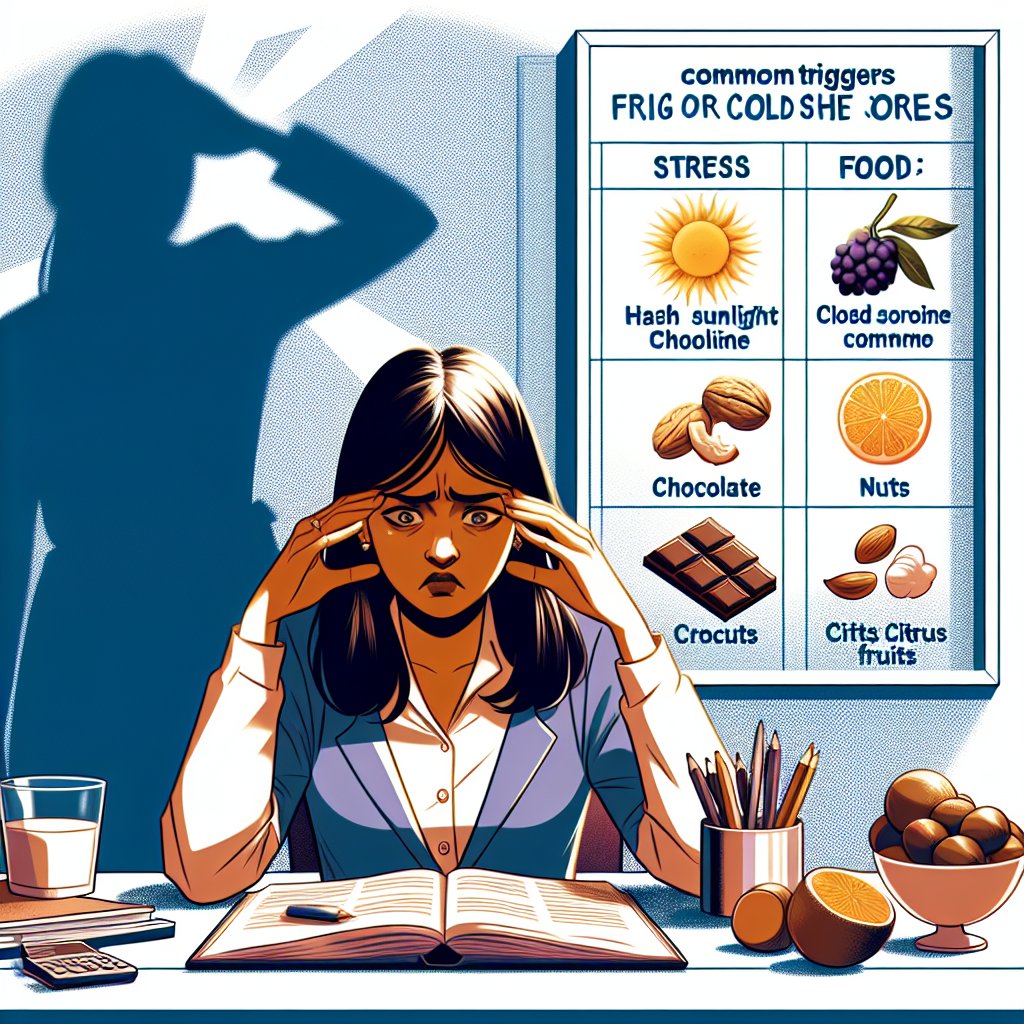
Tips for Preventing Cold Sore Outbreaks
If you’re dealing with the discomfort of cold sores, you are not alone. Cold sores, also known as fever blisters, are a common viral infection caused by the herpes simplex virus (HSV). The good news is that there are several steps you can take to prevent outbreaks and minimize their impact on your life.
One effective strategy is stress management. Research has shown that stress can weaken the immune system, making it easier for the herpes simplex virus to reactivate. Engaging in stress-reducing activities such as yoga, meditation, or deep breathing exercises can be beneficial in preventing cold sore outbreaks.
Additionally, protecting your lips from sun exposure is crucial. Ultraviolet (UV) rays can trigger cold sore outbreaks, so using a lip balm with UV protection is essential.
Moreover, maintaining a healthy diet rich in immune-boosting nutrients, including vitamin C, zinc, and lysine, can help prevent cold sores. Foods like citrus fruits, leafy greens, and lean proteins can support your immune system and reduce the frequency of outbreaks.
Treatment Options
If you’re dealing with the discomfort and embarrassment of cold sores, there are several treatment options to consider. These options can help you find relief and speed up the healing process. Let’s explore some of the most effective solutions:
Over-the-Counter Creams
Many over-the-counter creams are available to help alleviate the symptoms of cold sores. Look for creams containing docosanol or benzalkonium chloride, which have been shown to reduce the duration of cold sores. These creams can help relieve the pain and itching associated with cold sores, promoting faster healing.
Prescription Antiviral Medications
For more severe cases, prescription antiviral medications like acyclovir, valacyclovir, and famciclovir can be prescribed by a healthcare professional. These medications can help reduce the duration and severity of cold sores when taken at the first sign of an outbreak.
Home Remedies
In addition to traditional treatments, there are also various home remedies that can provide relief. These include applying ice to the affected area, using aloe vera gel, and taking lysine supplements. While scientific evidence on the effectiveness of these remedies is mixed, many people find them helpful in managing their cold sores.
Home Remedies for Cold Sores
If you’ve ever experienced the discomfort of a cold sore, you know how frustrating it can be. The good news is that there are natural remedies that can help alleviate cold sore symptoms. Applying ice to the affected area can provide relief by reducing inflammation and swelling. Tea tree oil is also known for its antiviral properties, which can help combat the herpes simplex virus responsible for cold sores. Additionally, aloe vera gel has soothing and healing properties that can aid in the healing process of cold sores.
These natural remedies can be easily incorporated into your daily routine to provide fast relief from cold sore symptoms. It’s important to remember that while these remedies can help alleviate symptoms, they may not completely eliminate the virus. If you experience frequent or severe cold sores, it’s essential to consult a healthcare professional for personalized treatment options.
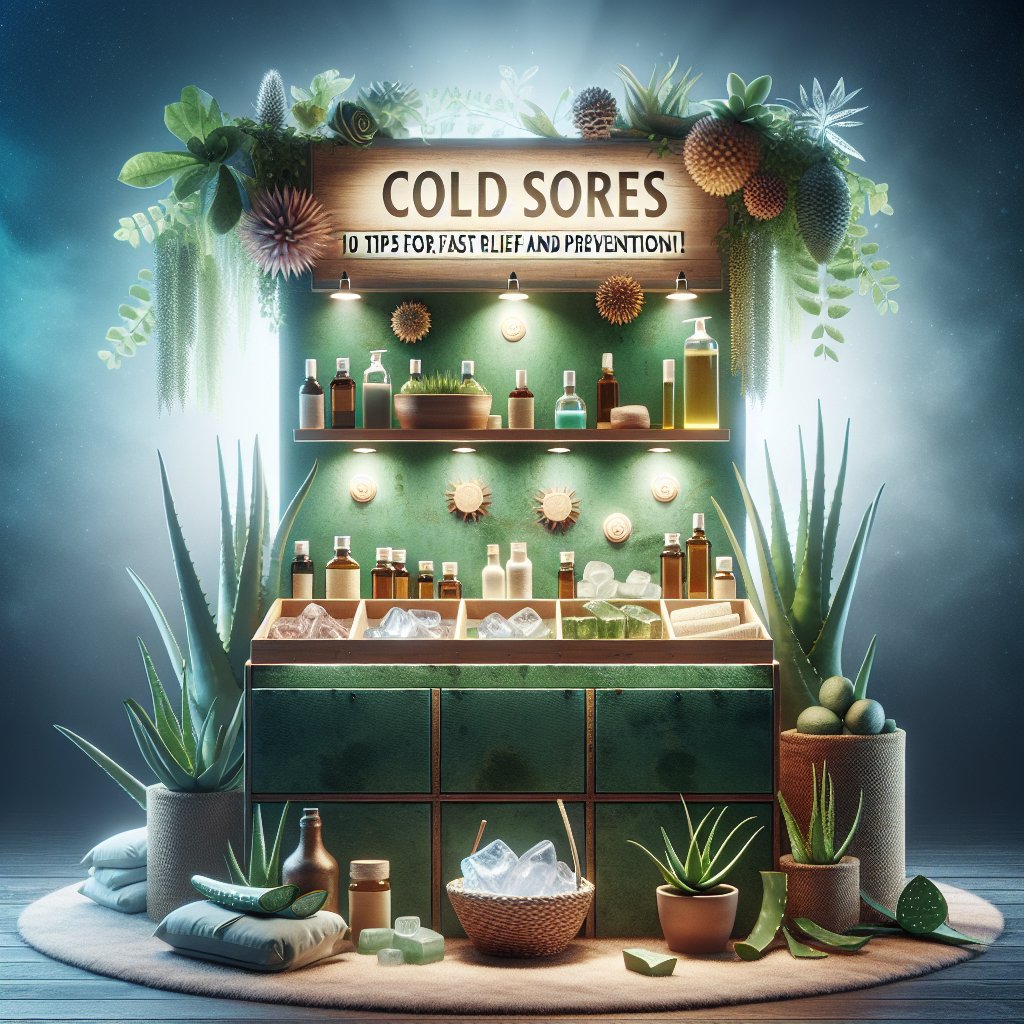
When to See a Doctor
If you’re experiencing frequent or severe cold sores, it’s essential to consult a healthcare professional for guidance and treatment. According to the American Academy of Dermatology, if your cold sores do not improve within two weeks, are spreading to other parts of your body, or if you experience irritation in your eyes, it’s time to see a doctor. Additionally, individuals with weakened immune systems or those prone to cold sore complications should seek medical advice. Consulting a professional can ensure you receive the most effective treatment and prevent further complications. Remember, a healthcare professional can provide personalized recommendations to help you manage and treat cold sores effectively.
Now, let’s delve into some natural remedies and tips on how to get rid of cold sores at home.
Lifestyle Changes for Cold Sore Prevention
When it comes to preventing cold sore outbreaks, incorporating some simple lifestyle changes can make a significant difference. Maintaining good hygiene practices, such as regularly washing your hands and using clean towels, can help reduce the risk of cold sore development. Additionally, being mindful of triggers such as stress, fatigue, and exposure to sunlight can significantly lower the frequency of outbreaks. Stress management techniques such as meditation, yoga, or deep breathing exercises can be incredibly beneficial in preventing cold sores. Getting enough rest, eating a healthy diet rich in immune-boosting nutrients, and avoiding excessive sun exposure are also essential lifestyle changes for reducing the occurrence of cold sores. By incorporating these changes into your daily routine, you can take proactive steps to minimize the frequency of cold sore outbreaks.
Conclusion
In conclusion, effectively managing cold sores is crucial for overall well-being. Research has shown that recurring cold sores can have a significant impact on a person’s quality of life. By following the tips and strategies outlined in this article, you can effectively alleviate symptoms, expedite healing, and prevent future outbreaks. Remember, a proactive approach to managing cold sores not only provides fast relief but also contributes to your overall health and confidence. By incorporating these tips into your daily routine, you can take control of cold sores and enjoy a happier, healthier life.

